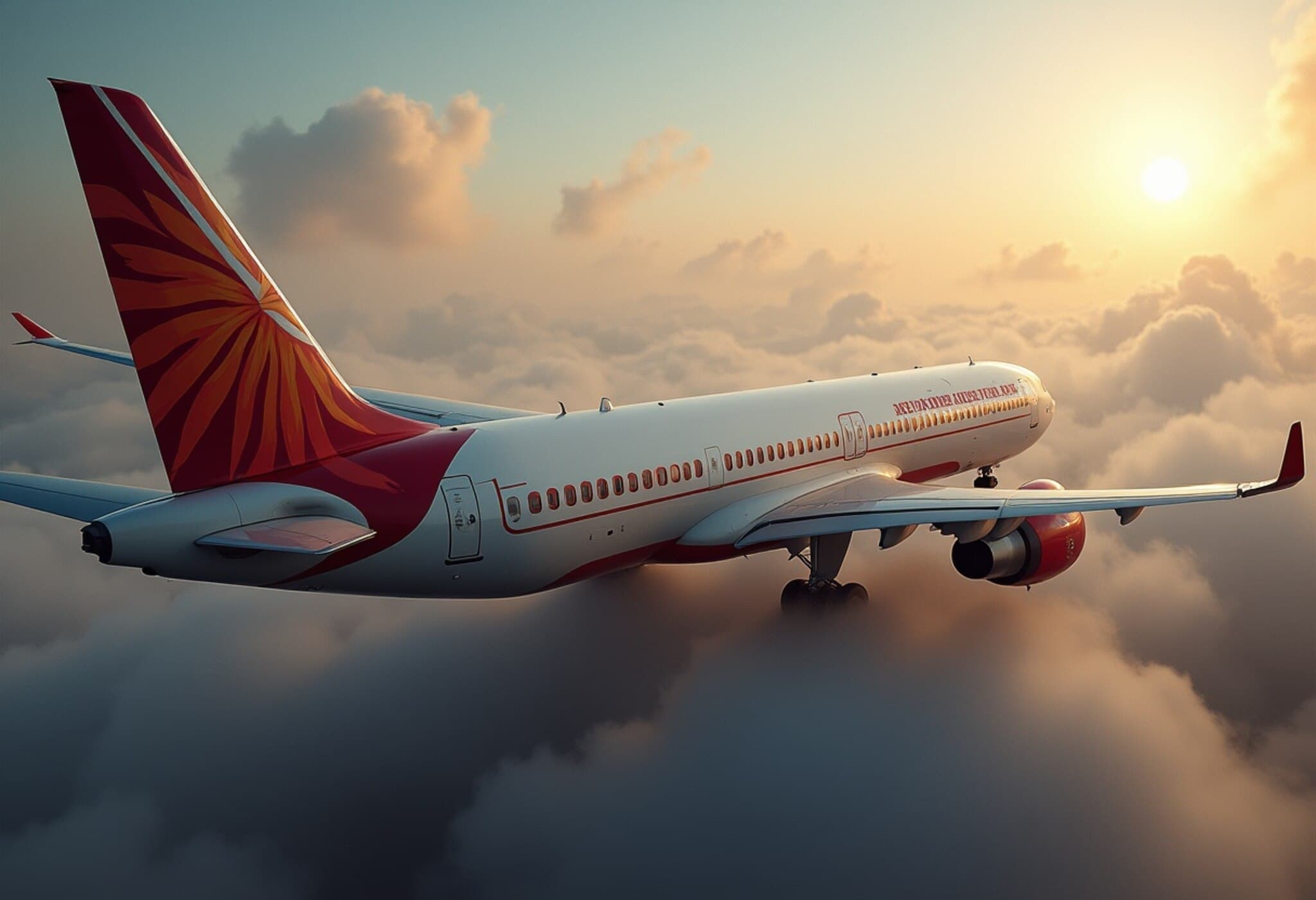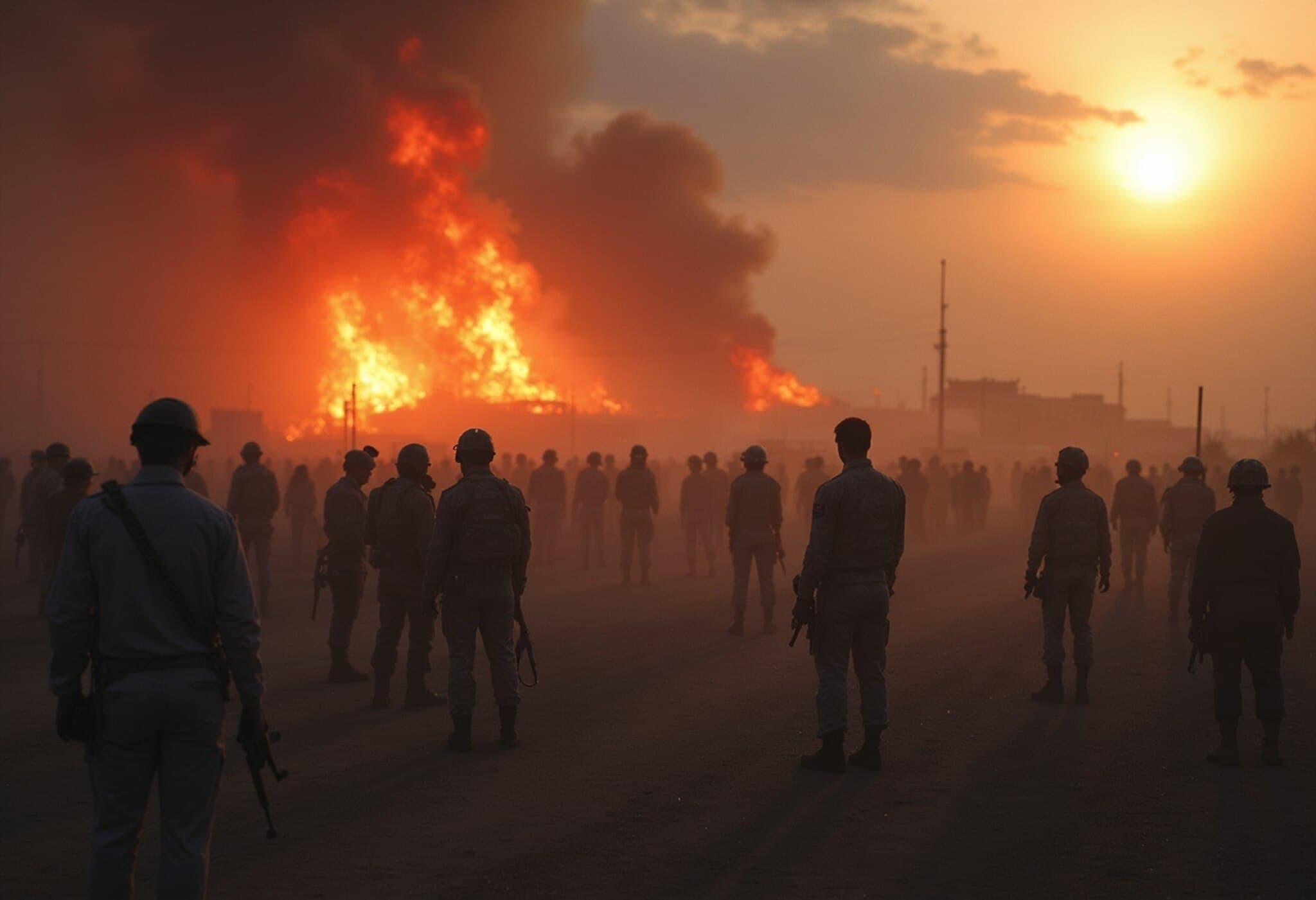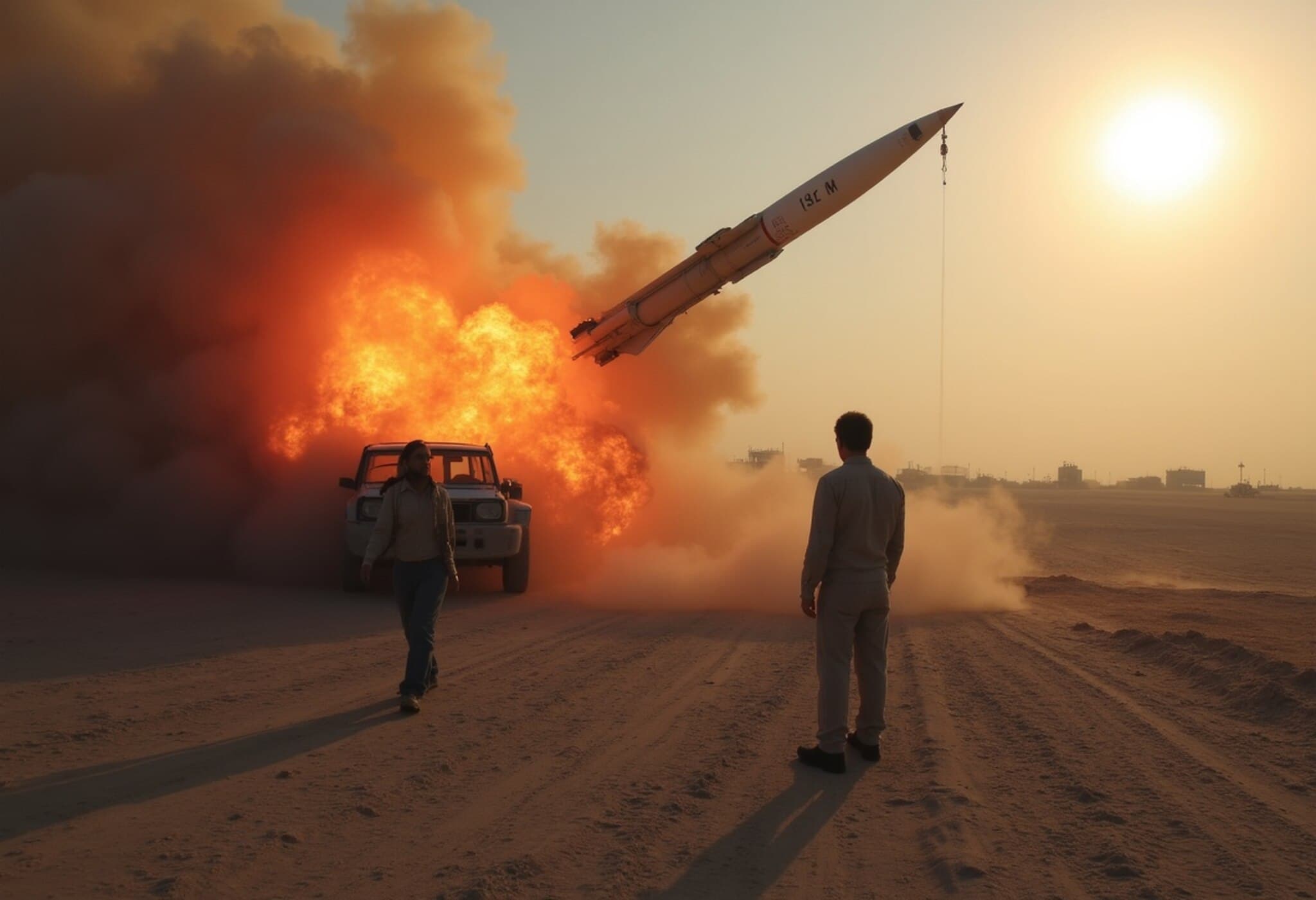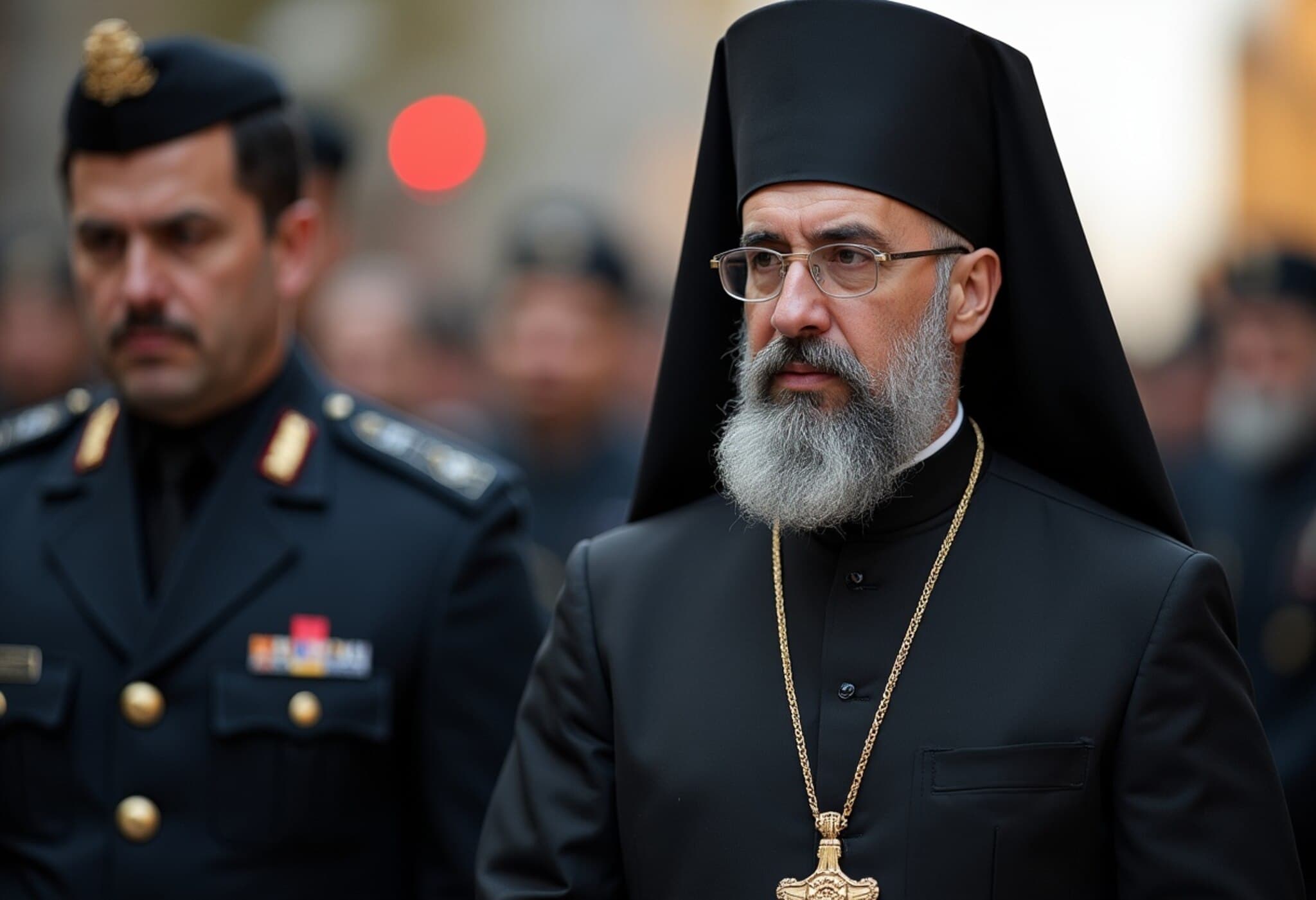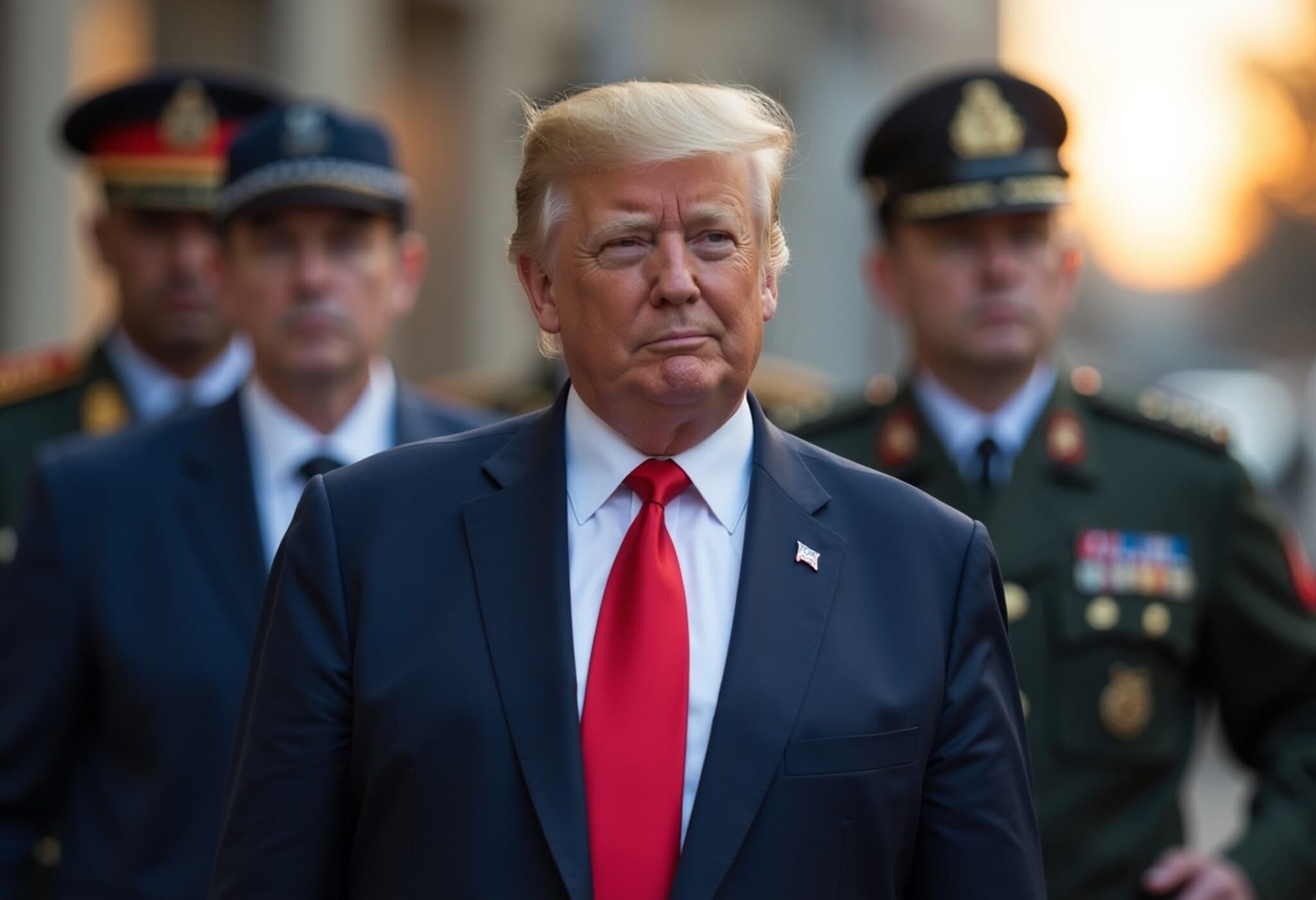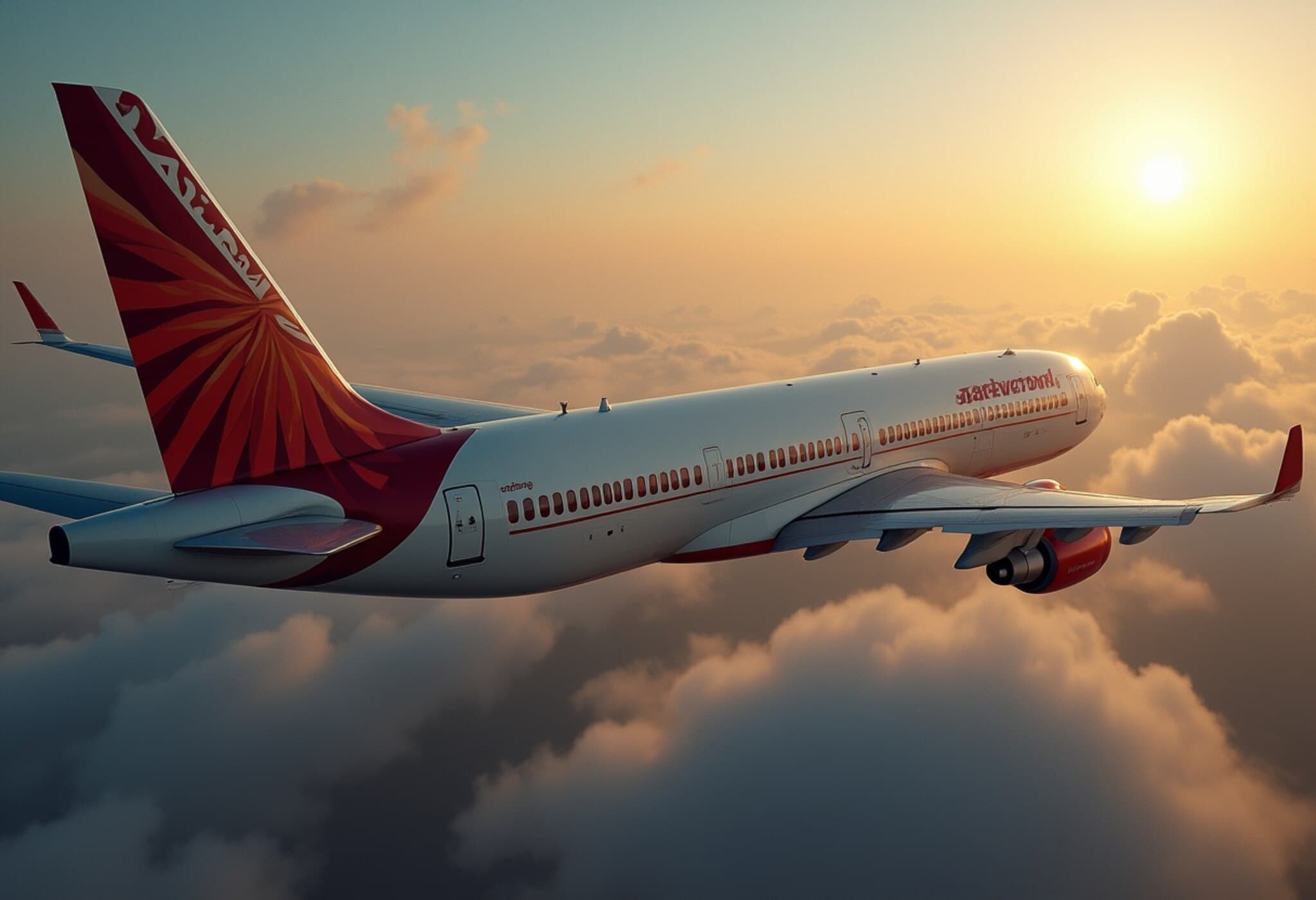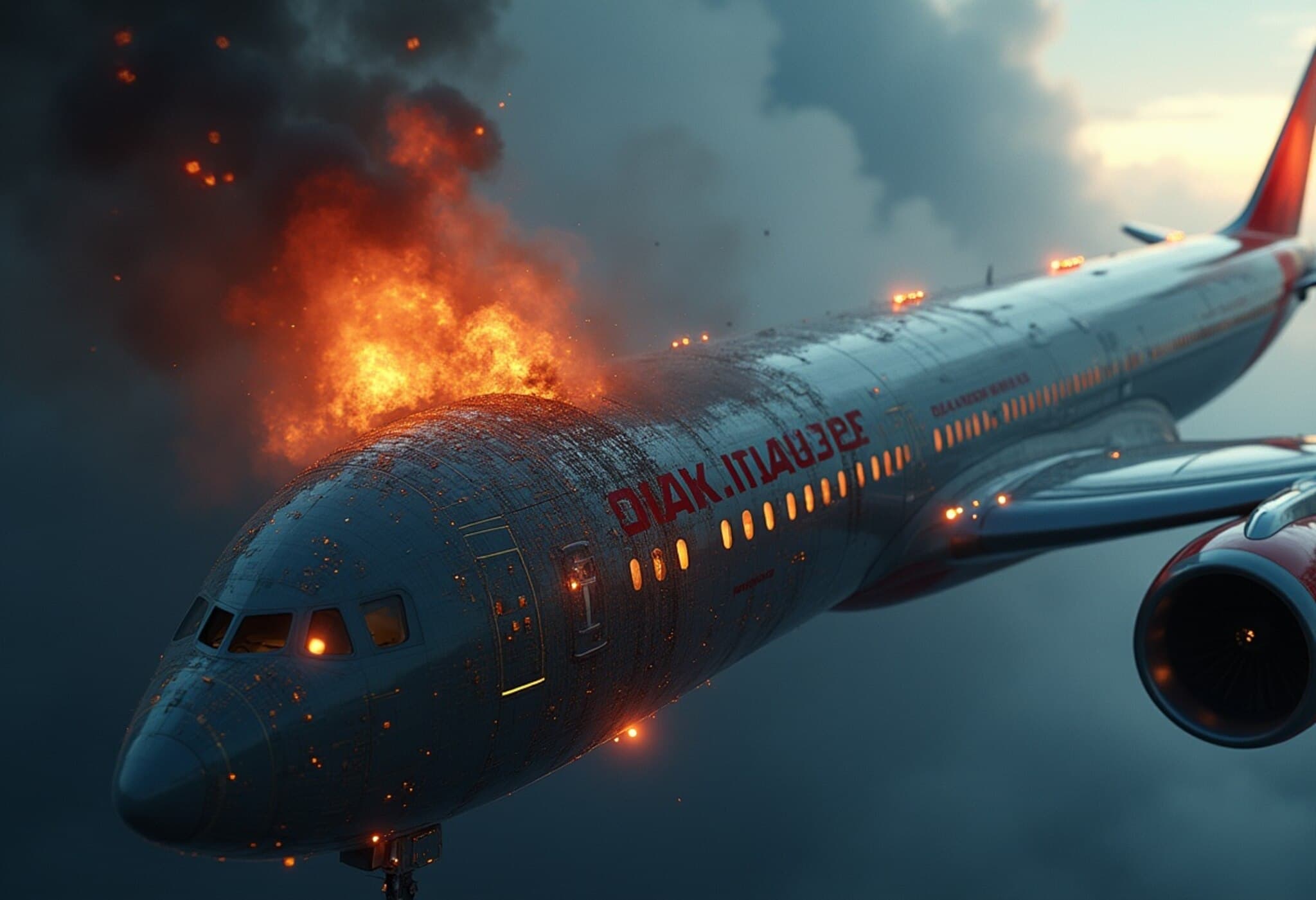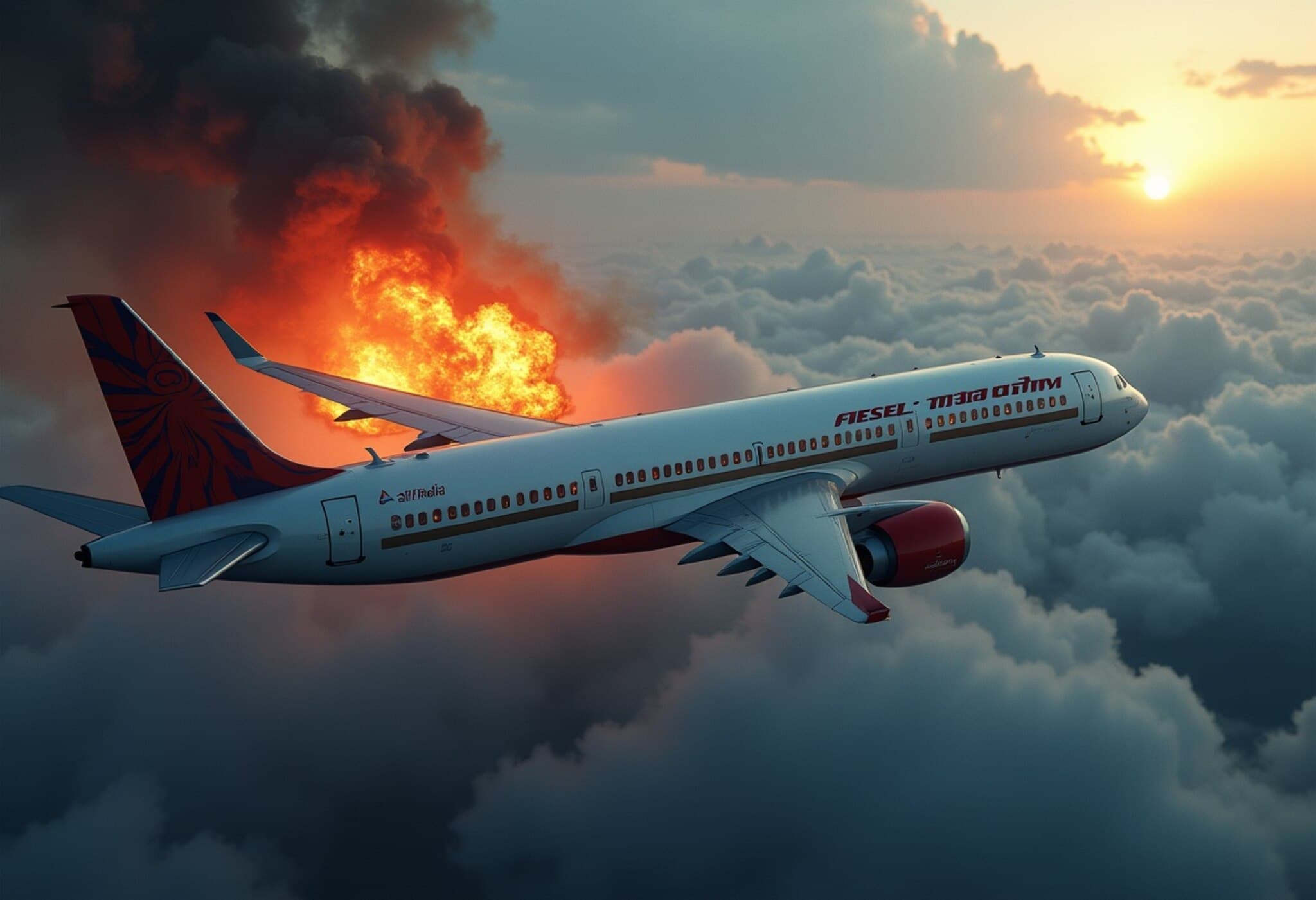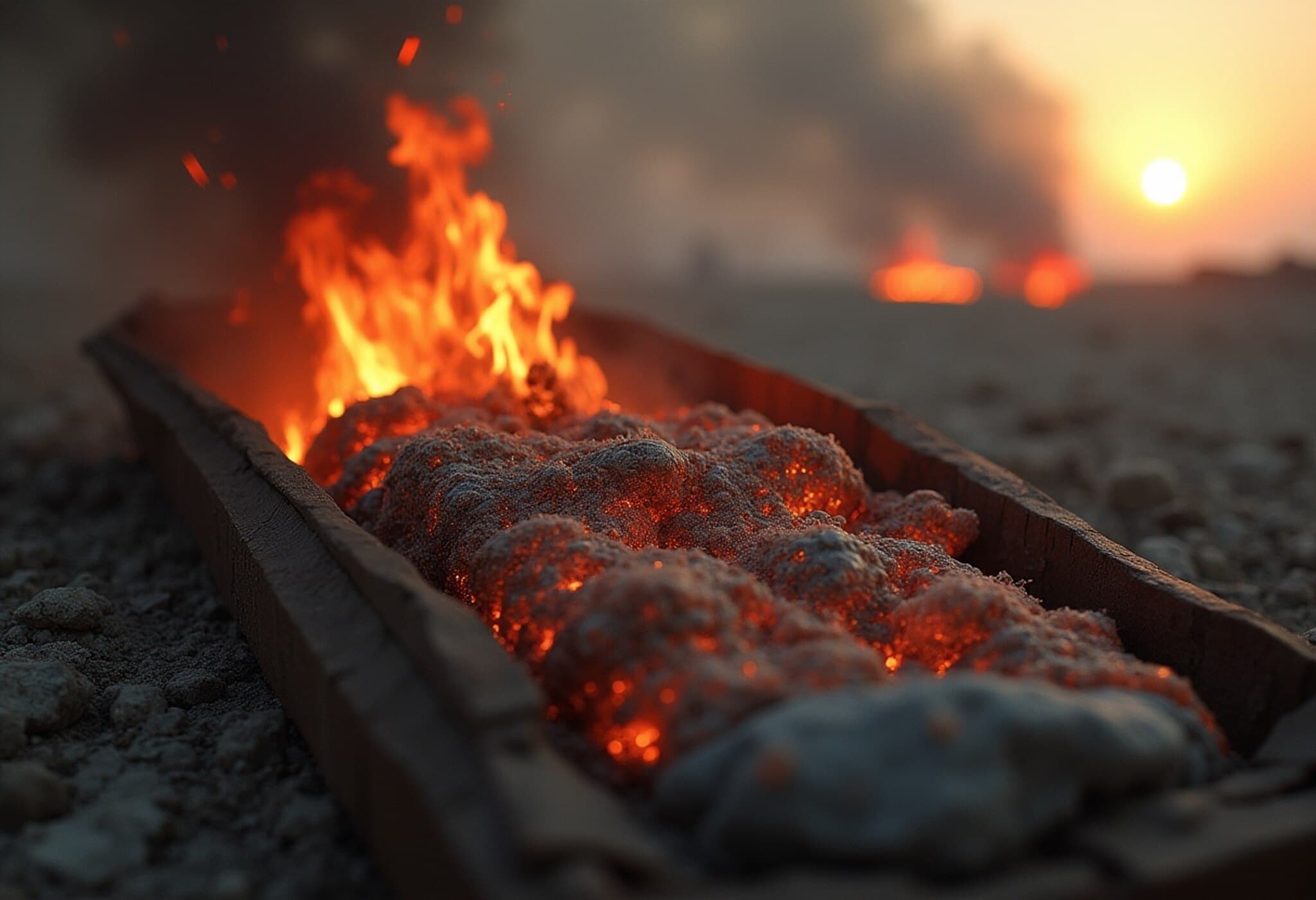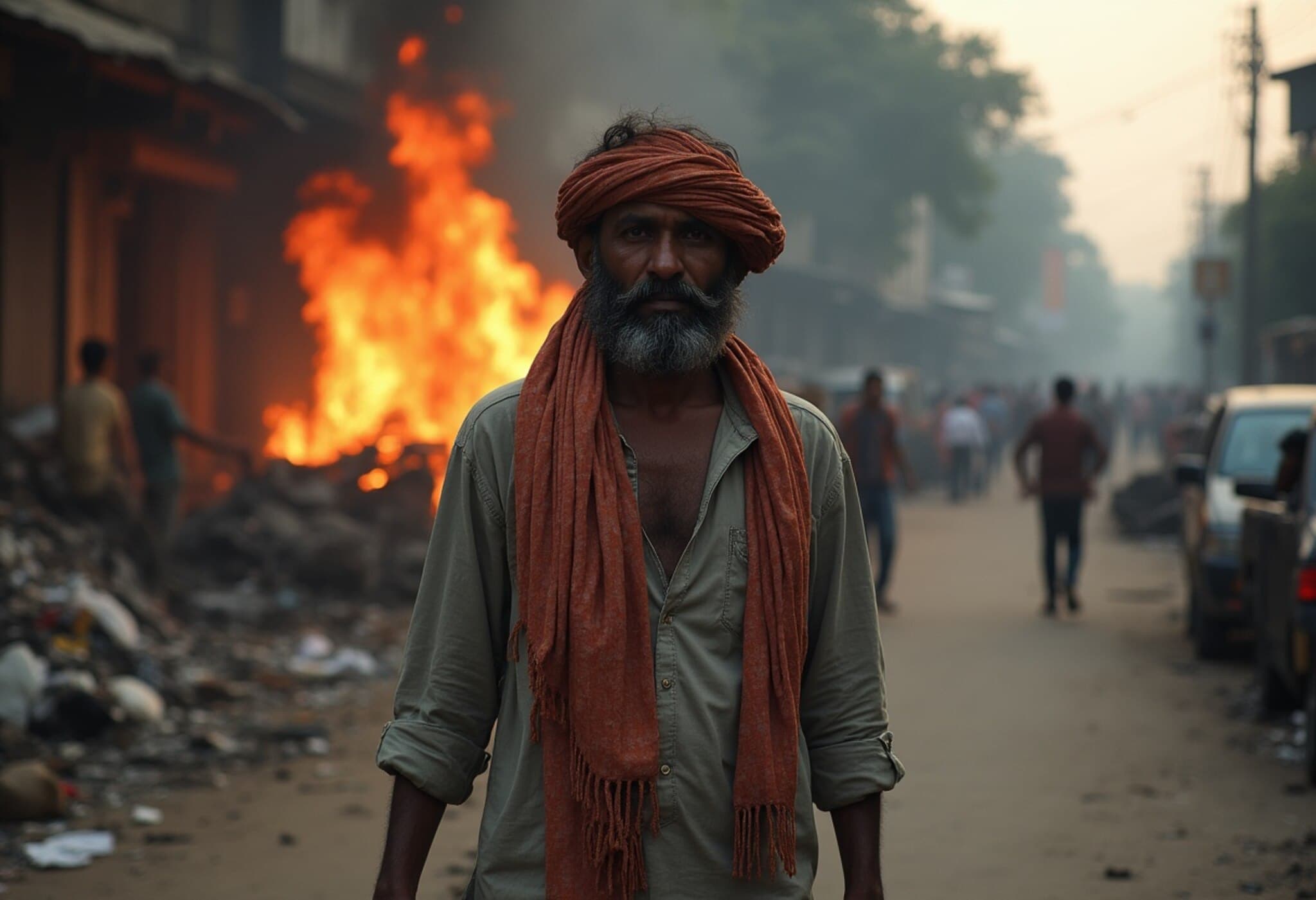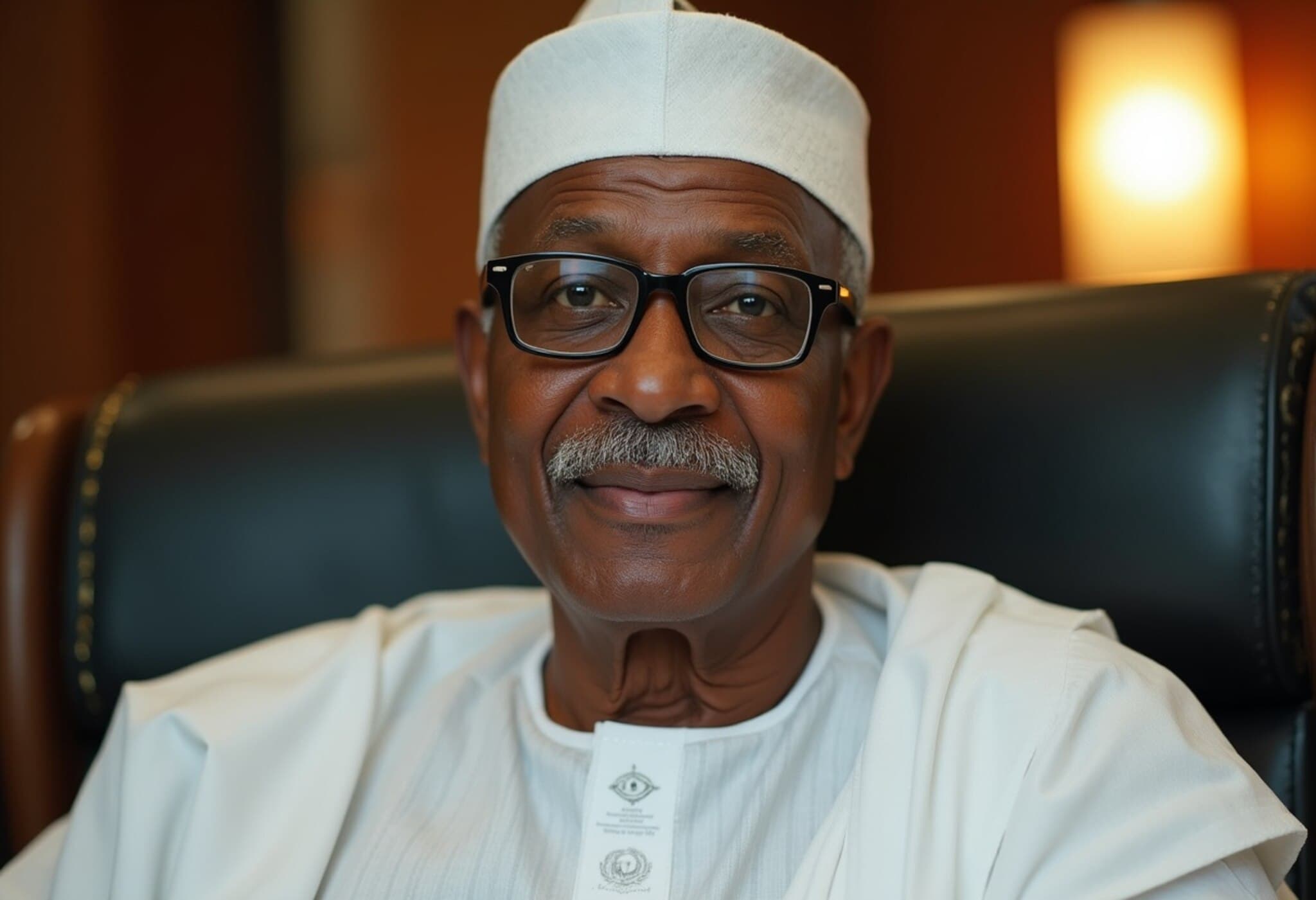Relatives of Air India Crash Victims Reject Preliminary Report, Allege Cover-Up
On June 12, the tragic crash of Air India flight AI171 from Ahmedabad to London shook the globe, claiming the lives of all on board. Now, more than a month later, the preliminary investigation report has ignited fresh controversy, as families of the deceased vocally denounce the findings as a deliberate cover-up.
Victims' relatives express deep mistrust towards the official inquiry, suspecting that the report serves to shield major stakeholders—including the Tatas-owned Air India, aircraft manufacturer Boeing, and the Indian government—from accountability. They firmly reject the hazardous leap to pilot error as the cause, pointing instead to potential mechanical failures or maintenance lapses.
Calls for Truth Over Compensation
Ameen Siddiqui, who lost his British brother-in-law Akeel Nanabawa, along with Akeel’s wife and their daughter, spoke from Surat to the UK’s The Telegraph with raw emotion: "This report is wrong. We don't accept it. They want to blame dead pilots who can't defend themselves." Siddiqui has firmly declined Air India’s compensation package and announced intentions to pursue legal action against the airline for what he terms negligence leading to loss of life.
More than a dozen UK-based families are already collaborating with prominent law firms to prepare lawsuits targeting not only Air India but also Boeing, reflecting a growing demand for transparency and justice.
Questions Unanswered: Mechanical Faults and Oversight Scrutinized
Tushar Joge, representing relatives of Vallabh Nagji Agheda and Vinaben Vallabh Agheda—elderly victims traveling to reunite with family in the UK—expressed skepticism toward the investigation by the Indian Air Accident Investigation Bureau (AAIB). He emphasized concerns about potential mechanical faults, highlighting a 2018 advisory by the US Federal Aviation Administration (FAA) regarding the fuel control switch locking mechanism that may relate to the crash.
"Why has this safety advisory not been implemented as mandatory?" Joge questioned. He urged for a thorough examination beyond the simplistic pilot-error narrative, demanding higher scrutiny of Boeing’s aircraft design and Air India’s maintenance protocols.
The Agheda family’s legal representatives also support calls for an independent international inquiry, underscoring the critical need to prevent future tragedies.
Families Seek Transparency Amid Complex Aviation Jargon
Imtiyaz Ali Syed recounted losing his brother, his wife, and two children aboard AI171. He criticized the preliminary report for being laden with aviation jargon praising Boeing’s systems yet failing to draw any conclusive findings. "Everyone—Air India, Boeing, government—has something to protect. But we have lost entire families. How can we move on without the truth?"
Similarly, Faizan Rafik’s cousin from Leicester voiced deep distrust in the Indian government's handling of the case and demanded that cockpit voice recordings be released to victims’ families before accepting any conclusions.
Broader Implications: The Quest for Accountability in Aviation Safety
This ongoing dispute underlines a troubling issue in global aviation: How transparent and impartial are investigations when multinational corporations and governments intersect? The AI171 tragedy echoes past incidents where families have felt sidelined by investigative processes perceived as protecting corporate and political interests.
Given Air India’s recent privatization and Boeing’s complex safety record amid the 737 MAX crises, the stakes are exceptionally high. The technology involved, regulatory oversight, and corporate accountability must withstand rigorous public and legal scrutiny.
Expert Insight: Navigating Complex Aviation Investigations
According to aviation safety analyst Dr. Neha Rajan, "Investigations in such crashes are always multilayered, involving mechanical factors, human performance, and organizational culture. Families’ mistrust often arises when technical reports are opaque or laden with jargon. Transparency—including accessible evidence sharing—is critical to restoring faith."
She adds, "Mandatory adoption of safety advisories like the FAA's fuel switch control recommendation is a key preventive step that regulators worldwide should enforce to avoid repetition of similar accidents."
Looking Forward: Legal Battles and Calls for Reforms
The families’ refusal to accept the initial findings underscores the potential for protracted legal challenges across jurisdictions, possibly prompting new aviation safety regulations in India and beyond.
As Air India and Boeing face mounting pressure, independent audits, international collaboration, and clear communication with victims’ families could pave the way towards healing and improved safety.
Editor’s Note:
- Transparency vs. Interests: How can investigative authorities balance impartiality against political and corporate pressures?
- Regulatory Oversight: Will this tragedy trigger mandatory safety upgrades globally, especially regarding aircraft control systems?
- Support for Families: Beyond compensation, how can emotional closure be achieved when accountability is unclear?
The AI171 disaster is a stark reminder of aviation’s relentless demands: not only for technological excellence but also for trust, clarity, and justice. The unfolding legal disputes may well shape future policies critical to international passenger safety.

